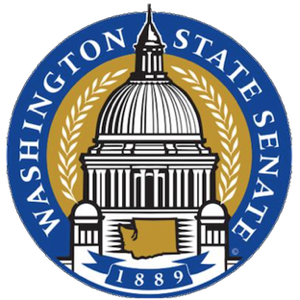The Washington State Senate Labor, Commerce, and Tribal Affairs Committee (WA Senate LCTA) considers issues relating to employment standards, industrial insurance, unemployment insurance and collective bargaining. The committee also considers tribal issues and has oversight of commerce issues relating to alcohol, tobacco, cannabis, and gaming.
Public Hearings
- SB 5671 - “Modifying the composition of the Washington state liquor and cannabis board.”
- SB 5517 - "Concerning employment of individuals who lawfully consume cannabis."
- SB 5706 - “Creating the community reinvestment account and community reinvestment program.”
- SB 5796 - “Restructuring cannabis revenue appropriations.”
